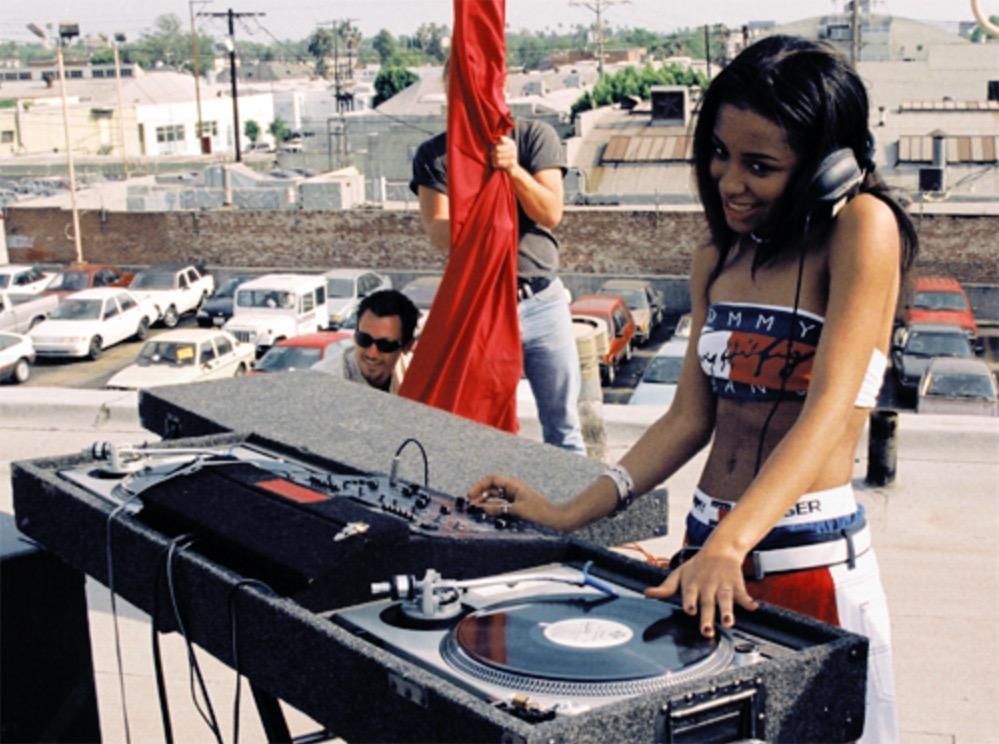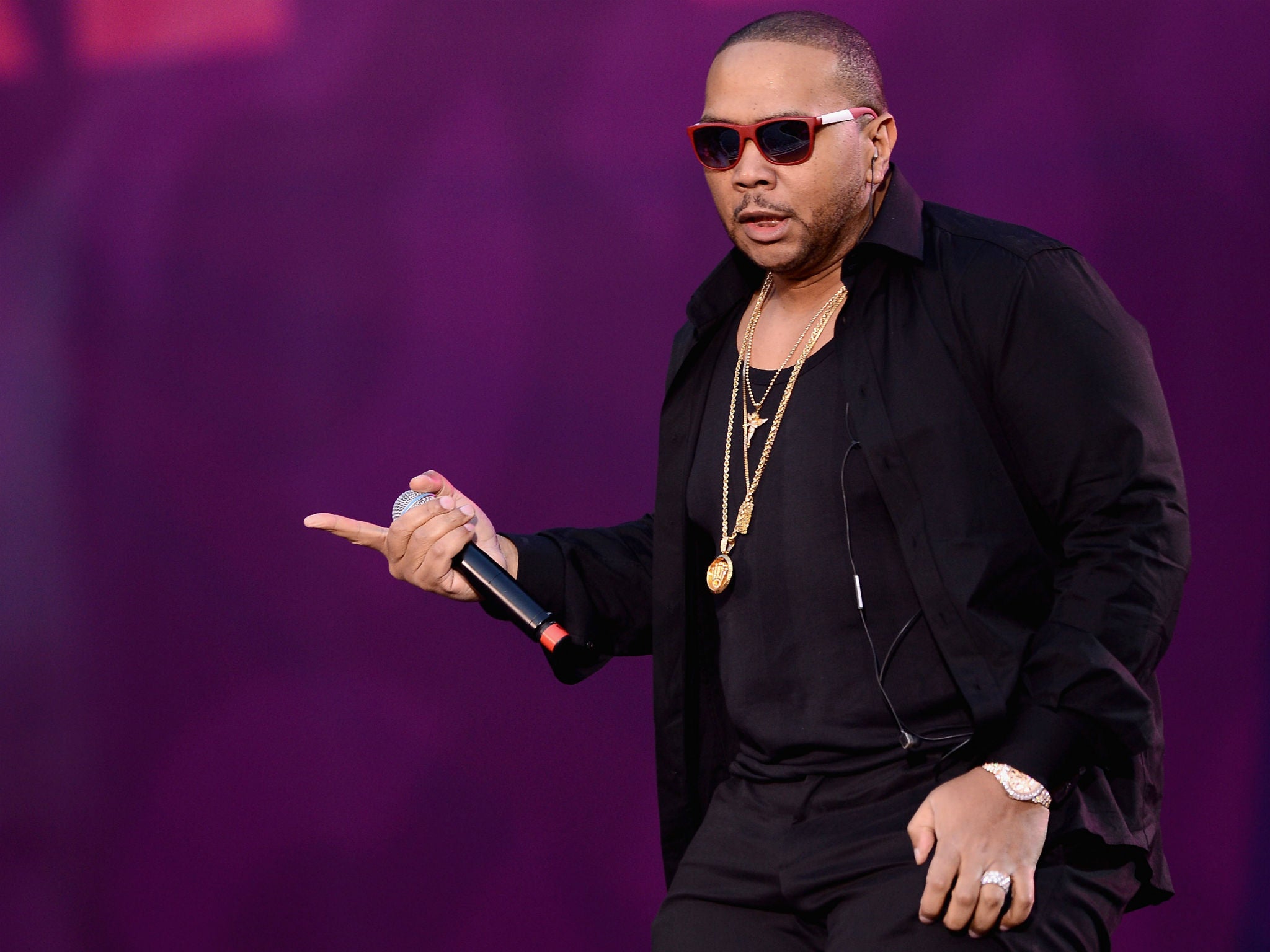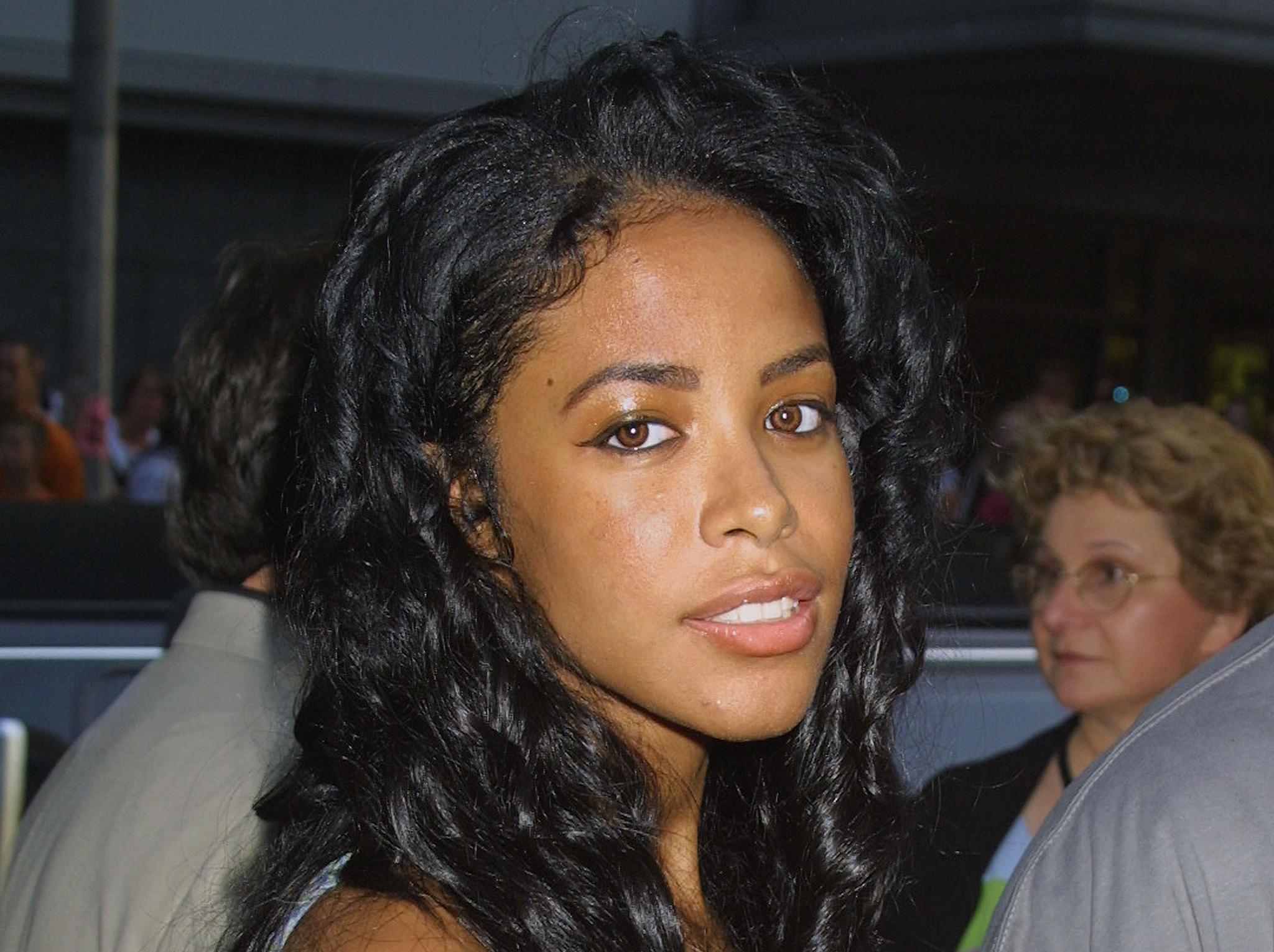‘One In A Million’ at 20: How Aaliyah forged pop’s future
The album belongs to the ‘90s but still sounds like the future

Your support helps us to tell the story
From reproductive rights to climate change to Big Tech, The Independent is on the ground when the story is developing. Whether it's investigating the financials of Elon Musk's pro-Trump PAC or producing our latest documentary, 'The A Word', which shines a light on the American women fighting for reproductive rights, we know how important it is to parse out the facts from the messaging.
At such a critical moment in US history, we need reporters on the ground. Your donation allows us to keep sending journalists to speak to both sides of the story.
The Independent is trusted by Americans across the entire political spectrum. And unlike many other quality news outlets, we choose not to lock Americans out of our reporting and analysis with paywalls. We believe quality journalism should be available to everyone, paid for by those who can afford it.
Your support makes all the difference.Aaliyah Dana Haughton was a futurist. She’s the songstress who, alongside visionary beatmaker Timbaland, constructed a sci-fi soundscape of thick rhythms and high-tech digital grooves. Tim’s sonic thumps sounded like an android’s fever dreams. Perfectly matched with Aaliyah’s sultry vocal tones, the pair pushed ‘90s R&B into a new space age.
The singer’s debut album Age Ain’t Nothing But A Number (1994) was full of sunny pop jams and sweet ballads. Alongside the likes of TLC, Keith Sweat and Mary J. Blige, she contributed to a classic era of satin-smooth urban soul. But on One In A Million – which celebrates its 20th anniversary this Saturday – Aaliyah jumped into her own glittering starship, blasting off into a previously uncharted galaxy.
It’s music on a whole other plane of existence
One In A Million melded classic Motown soul, old school hip-hop and walloping new jack swing with a layer of advanced chrome. It was a sound that left Aaliyah’s contemporaries grasping for the tails of her spacesuit as she streaked off into the distance. The record rippled through R&B like a sonic boom. Its handprints can be seen all over the two decades of pop music that followed.
Timbaland made his bones as a producer-for-hire for Jodeci, Sista and a young Usher. Hooking up with Aaliyah for the first time on One In A Million, the former DJ Timmy Tim had a vocalist who could float over his increasingly complex arrangements. Alongside rap super freak Missy Elliott, the pair produced and co-wrote nine of One In A Million’s 17 tracks.
The album begins with an alarm call. “You’ve just now entered into the next level. The new world of funk” croons Missy on intro "Beats 4 Da Streets", awaking Aaliyah from her cryostasis. This funky new sphere is a utopia built on Tim’s stuttering rhythms, pop ‘n’ click vocal percussion and thick-as-hell drums. On "Hot Life Fire", Aaliyah fully emerges on the horizon, her voice cutting through the atmospherics and seeping into your ears.
The album is a space odyssey, but nods to the past are everywhere. Aaliyah’s sleek voice sounds great on a cover of Marvin Gaye’s groovy dance classic "Got To Give It Up", which features a verse from leader of the rap old school, Slick Rick. Her take on The Isley Brothers’ "Choosey Lover" offers some contemporary adult sheen, while the Rodney "Darkchild” Jerkins-produced "Everything’s Gonna Be Alright" is a more carefree anthem for the summertime block party.

But it’s Timbo’s tracks and resonate deepest. "If Your Girl Only Knew" sounds like the bad side of the pair’s sci-fi city. The bass-heavy beat grinds like mean-spirited machinery as Aaliyah calls out a would-be beau for stepping to her behind his lover’s back. “She’s crazy to put up with you / Oh boy I won’t be no fool,” she threatens. No bullshit taken.
It’s easy to see why the title track has become Aaliyah’s signature ballad. Tim’s stuttering grooves on "One In A Million" decelerate into an infectious slow jam. Crushing on a guy badly, Babygirl confesses her feelings. But so gentle are the vocals, her proclamations sound more whispered into her pillow than declared face-to-face. Tender and open, it’s a song that can cut a hole in anyone who’s suffered from love sickness.
One In A Million’s influence was almost immediate. Timbaland continued to explore the sonic template, gifting hit after hit to Ginuwine, Destiny’s Child and Jay Z, among many others, and working with Missy Elliott on her own daring run. His success helped herald a new-age era of the super-producer. He added pop acts like Nelly Furtado and Justin Timberlake to his client list before later styling himself as a solo star in his own right, bragging about the $500,000 (£377,500) price tags he attached to his beats. Pharrell was probably taking notes.
Post-One In A Million, Aaliyah and Tim pulled their sound into even stranger places. Tracks like "Are You That Somebody", "Try Again", "We Need A Resolution" and "More Than A Woman" saw the singer skew herself into an alternate pop timeline. It’s music on a whole other plane of existence than anything else cut at the time or since. In 2001, Aaliyah tragically died in a plane crash, aged 22. The world immediately became a great deal less soulful.

Her untimely end left a huge crater in the R&B landscape. Every artist working within the genre since owes Babygirl a significant debt, and many are quick to acknowledge it. On the tenth anniversary of her death, Solange Knowles tweeted, “I've grown up to you, idolized you, watched others try to capture what you had to no avail. You are the one & only Aaliyah! Never forgotten.” In a letter to his idol, rapper-crooner Drake wrote, “We all listen to you everyday and we remain inspired and moved by all that you've given the world.”
When an artist dies young they leave behind an indelible mark on their era. With Aaliyah, though, it’s not so simple. Her music sounds like it belongs not just in the ‘90s and opening years of the ‘00s, but in a future that none of us will live to see, or even dared to imagine.
Join our commenting forum
Join thought-provoking conversations, follow other Independent readers and see their replies
Comments